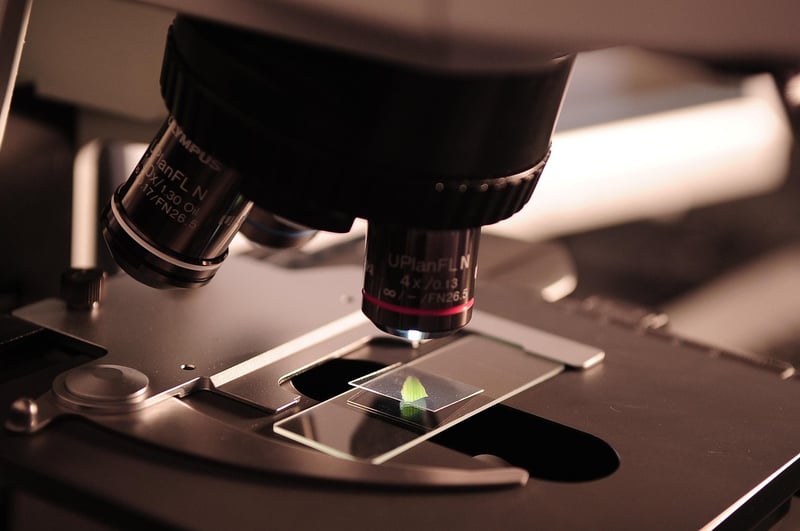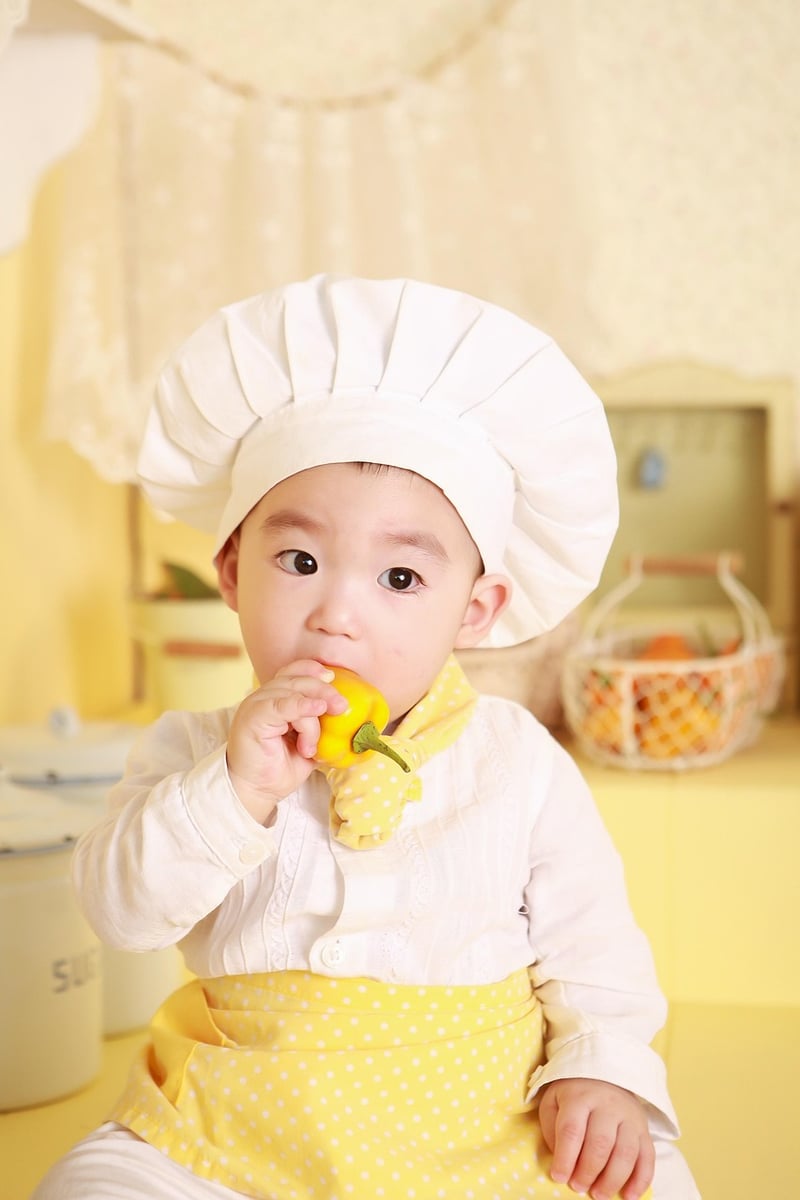Sensory Analysis
The Science of Cooking and Sensory Analysis
Cooking is not just an art; it's also a science. Understanding the principles behind cooking can help you become a better chef and create more delicious dishes. In addition to the technical aspects of cooking, sensory analysis plays a crucial role in determining the quality of food. Let's delve into the scientific side of cooking and explore how sensory analysis enhances the culinary experience.
The Science of Cooking
At its core, cooking involves chemical reactions, physical transformations, and the application of heat to ingredients. Understanding the science behind these processes can help you control factors such as cooking time, temperature, and ingredient ratios to achieve the desired results.
For example, when you sear a steak, the Maillard reaction occurs, creating those delicious browned flavors. This reaction takes place when amino acids and reducing sugars react at high temperatures, resulting in the characteristic taste and aroma of seared meat.
Key Principles of Cooking Science:
- Heat transfer methods (conduction, convection, radiation)
- Emulsions and suspensions
- Protein denaturation and coagulation
- Leavening agents and fermentation
- Caramelization and Maillard reaction
Sensory Analysis in Cooking
Sensory analysis involves evaluating food using our senses - taste, smell, sight, touch, and hearing. By engaging all our senses, we can fully experience and appreciate the nuances of a dish. This analysis helps chefs understand the flavor profile, texture, appearance, and overall quality of their creations.
Professional tasters use specific criteria to assess food, such as appearance, aroma, taste, texture, and aftertaste. The goal is to provide detailed feedback on the sensory characteristics of a dish and identify areas for improvement.
Benefits of Sensory Analysis:
- Improves flavor balance
- Enhances food presentation
- Ensures consistency in quality
- Helps in menu development
- Builds customer satisfaction
Enhancing Your Culinary Skills
By combining the science of cooking with sensory analysis, you can elevate your culinary skills to new heights. Experimenting with different techniques, understanding the chemistry behind cooking processes, and honing your sensory evaluation abilities will help you create unforgettable dining experiences.
Remember, cooking is a blend of creativity and precision, where science and art come together to delight the senses and nourish the soul.
Explore the fascinating world of culinary science and sensory analysis to unlock the secrets of exceptional cooking!


